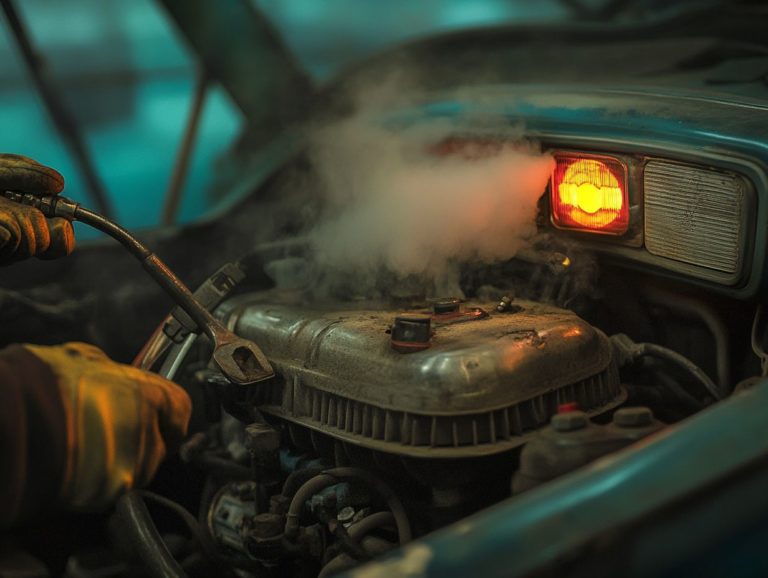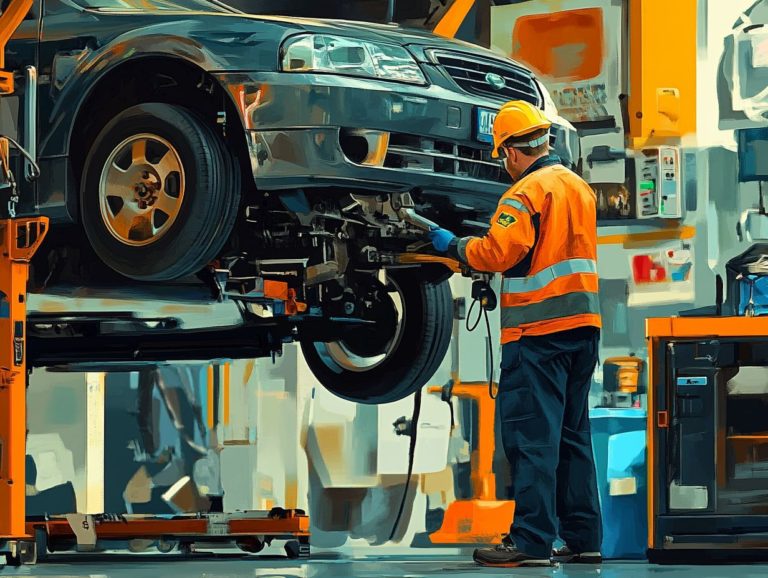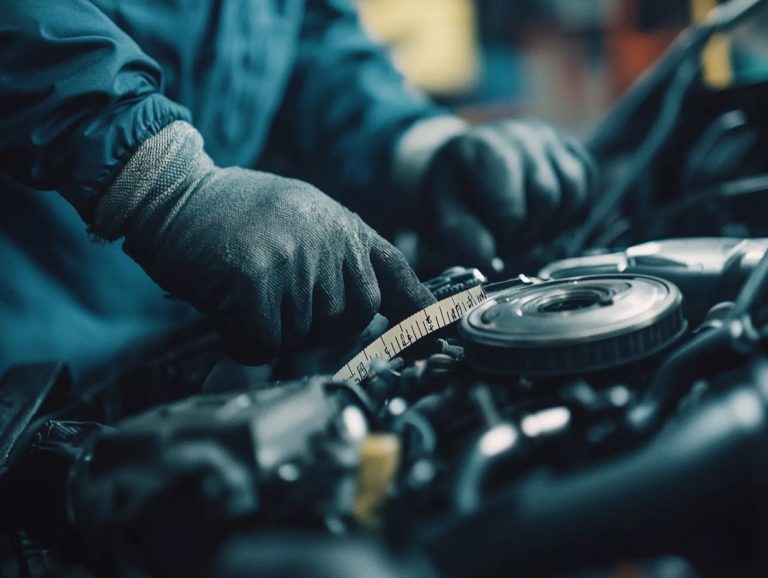What to Know About Car Recall Notices?
Car recall notices are essential for maintaining the safety and reliability of your vehicle. They act as official alerts regarding potential defects that could compromise performance, safety, or emissions.
This article delves into the intricacies of these notices, highlighting common reasons behind car recalls and guiding you on how to check if your vehicle is impacted effortlessly.
It also outlines the necessary steps to take if your car is recalled and offers valuable tips for preventing future recalls through diligent maintenance. Act now! Stay informed to keep your journeys safe and worry-free.
Contents
Key Takeaways:
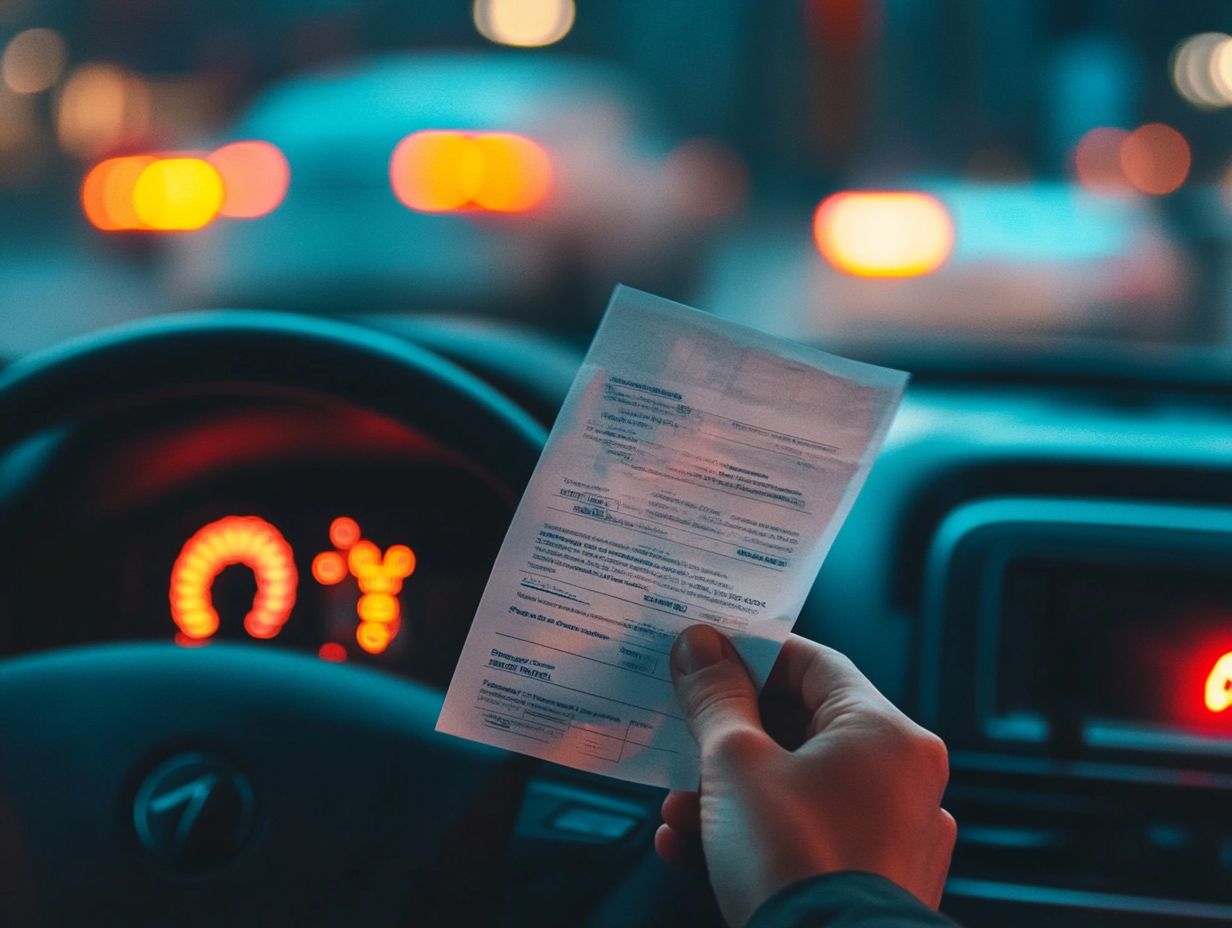
- Understand car recall notices to stay informed.
- Regularly check for recalls to ensure your vehicle s safety.
- If your car is recalled, take immediate action to fix the issue.
Understanding Car Recall Notices
Understanding car recall notices is essential for every vehicle owner in the United States, particularly due to the potential safety risks they pose. These notices, issued by manufacturers or the National Highway Traffic Safety Administration (NHTSA), a U.S. government agency that oversees vehicle safety, alert you to defective equipment or safety issues that could impact your vehicle.
Recalls can involve anything from car seats to tires. It’s crucial to pay attention and ensure your safety on the road. Utilizing resources like the SaferCar app can streamline the process of checking for open recalls by simply inputting your vehicle’s VIN (Vehicle Identification Number) or license plate.
What are Car Recall Notices?
Car recall notices are formal communications issued by manufacturers or the NHTSA to inform you about safety defects that require your immediate attention.
These notices play a vital role in maintaining your safety on the road, ensuring you are aware of potential hazards associated with your vehicle. The NHTSA is instrumental in overseeing vehicle safety by monitoring defect reports and guiding manufacturers on the necessary steps for remediation.
When a flaw is identified be it airbag malfunctions, faulty brakes, or engine issues the manufacturer is required to notify you promptly, providing detailed information on how to address the problem. This system not only protects you as a consumer but also reinforces the accountability of car manufacturers to prioritize public safety.
Reasons for Car Recalls
Car recalls can arise for several reasons, often centered around manufacturing defects, safety concerns, and adherence to federal regulations.
When manufacturers such as Ford, Honda, or Toyota identify that a specific vehicle or piece of equipment presents a safety risk ranging from defective airbags to faulty brakes they may need to issue a recall. By tackling these issues head-on, manufacturers strive to safeguard consumers and maintain the safety standards set forth by the NHTSA.
By understanding these underlying reasons, you can stay informed about potential risks linked to your vehicle.
Common Issues and Defects
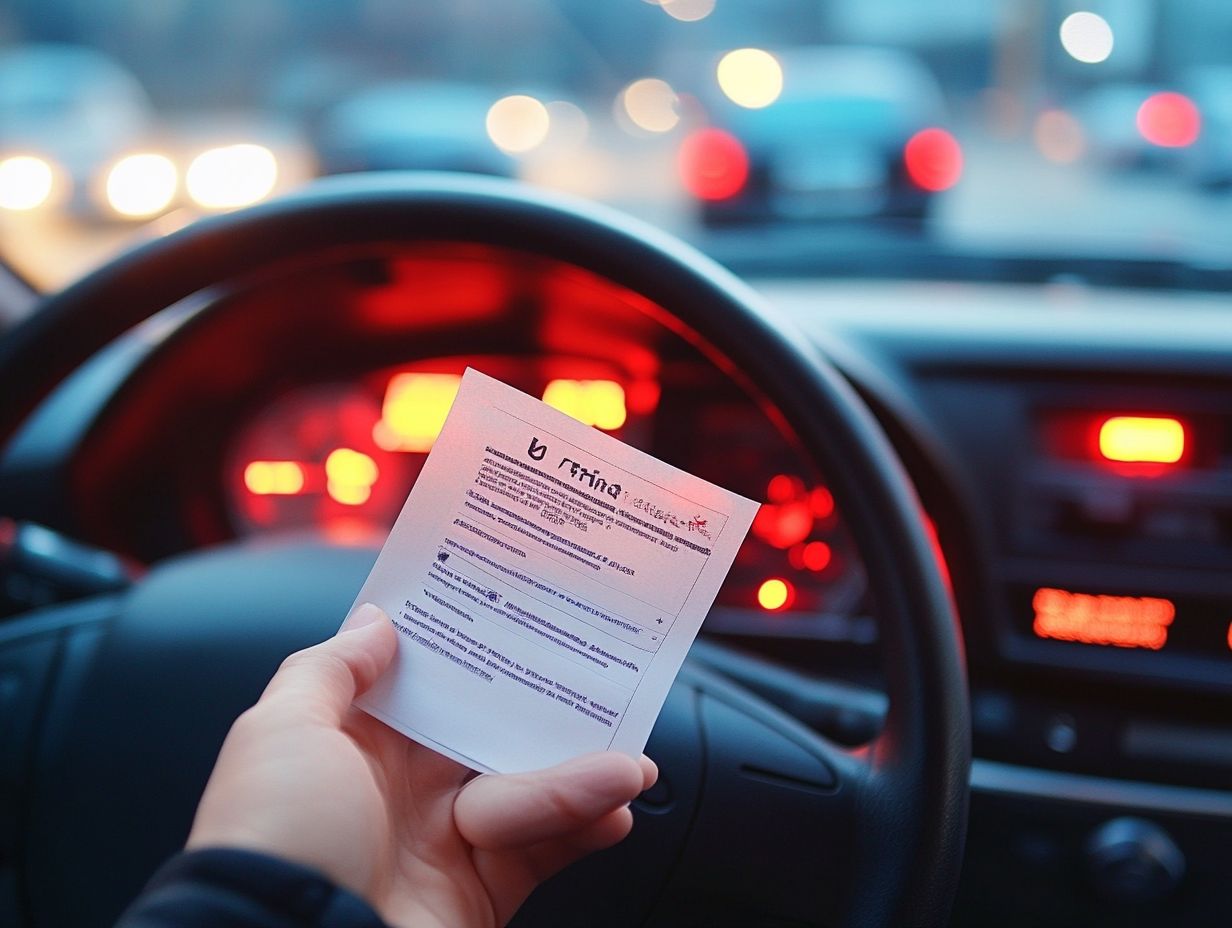
Common issues leading to car recalls can encompass everything from defective seat belts and airbags to malfunctioning brakes and tires, often putting your safety at risk.
These defects are serious. They can greatly impact your vehicle’s performance and reliability. For instance, General Motors has had to deal with major recalls due to ignition switch failures that caused unintended engine shutoffs, posing a serious threat to drivers like you.
Similarly, Chrysler has faced challenges with power steering system issues, while Mercedes-Benz has had to recall certain models for problems related to faulty braking systems. These widespread defects underscore a crucial concern: your safety may be compromised, and the very integrity of your vehicle’s performance could be severely undermined, leading to potential accidents and expensive repairs.
Don’t wait! Check your vehicle for recalls today and ensure your safety on the road.
How to Check for Car Recalls
Checking for car recalls is a simple yet crucial process that can greatly enhance your vehicle’s safety and reliability. As a vehicle owner, you have access to several valuable resources to determine if your car is under a recall.
The NHTSA website and the SaferCar app are excellent tools that allow you to search for open recalls using your Vehicle Identification Number (VIN) or license plate number. By proactively checking for recalls, you not only ensure compliance with safety regulations but also contribute to public safety by facilitating the necessary repairs and updates.
How to Find Recall Notices
To locate recall notices, you can turn to a variety of resources, with the National Highway Traffic Safety Administration (NHTSA) website being a top choice. It offers a comprehensive database of open recalls, making it easy for you to stay informed.
Beyond the NHTSA website, consider leveraging the SaferCar app. This user-friendly tool allows you to check recall information conveniently from your mobile device. Simply enter your Vehicle Identification Number (VIN) on the NHTSA website to swiftly access any relevant recalls tied to your vehicle. If you opt for the SaferCar app, you can either input the VIN or search by make and model, ensuring you receive immediate updates.
Remaining vigilant about recalls is essential. It not only enhances vehicle safety but also reduces risks while driving and gives you the power to address potential hazards without delay.
What to Do if Your Car is Recalled
When your car is recalled, act fast! Your safety and that of fellow drivers is crucial. A recall notification usually contains vital information about the necessary repairs and clear instructions on how to proceed.
You should reach out to your manufacturer s official dealership or service center to arrange for the required repairs, which are often provided at no cost to you.
Know your rights as a consumer and understand the steps you need to take. This can make the process of resolving any safety concerns with your vehicle much more manageable.
Steps to Take and Your Rights as a Consumer
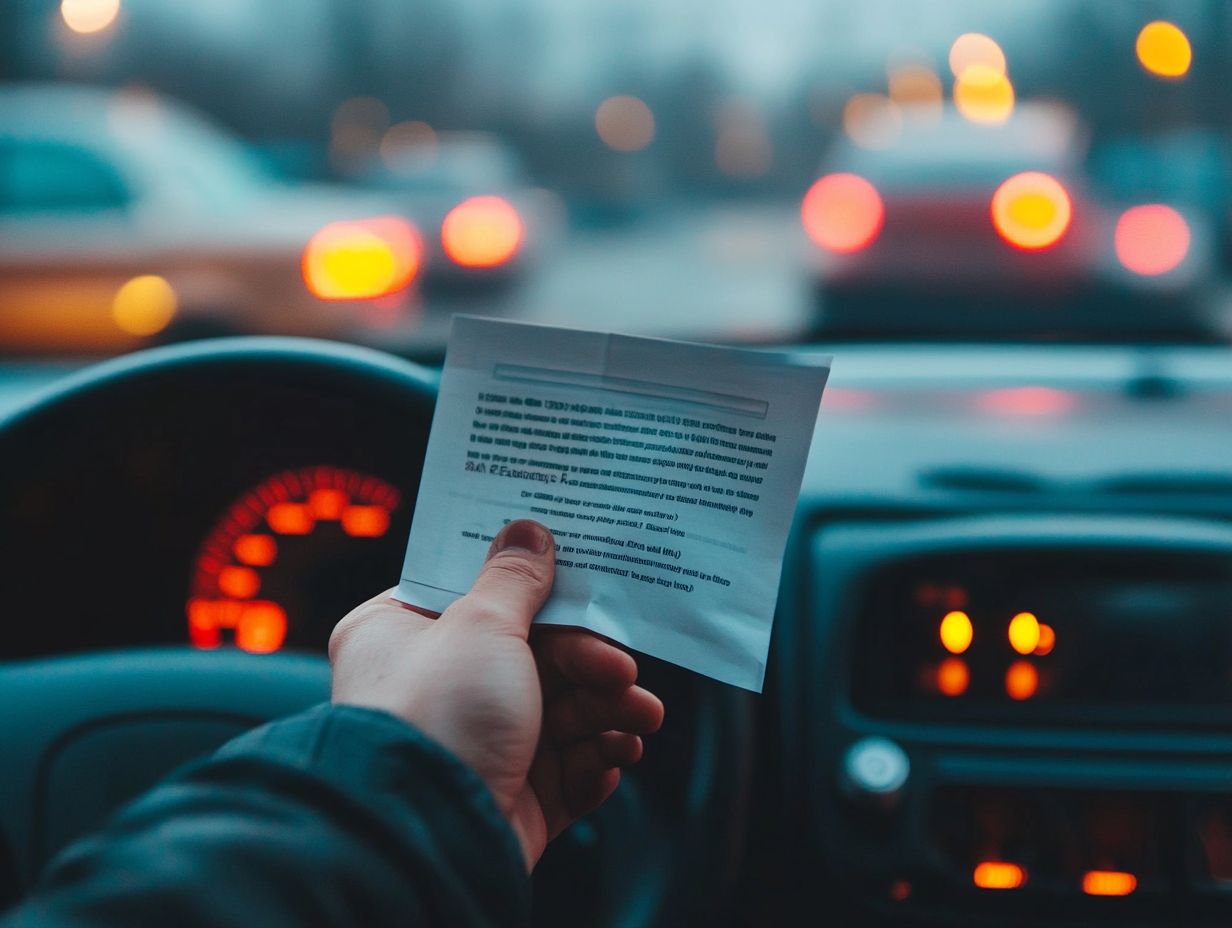
When you discover that your vehicle has been recalled, the first step is to meticulously review the recall notice. This will help you grasp the specific issue at hand and its implications for your safety.
Next, you should swiftly locate the nearest official dealership that specializes in repairs for your vehicle’s make and model. Call ahead and have your VIN ready to ensure efficient processing.
Scheduling a repair appointment promptly is crucial, as any delays could jeopardize your safety. It s important to familiarize yourself with your rights regarding free repairs, which are often guaranteed under recall regulations.
In some cases, recalls may also entitle you to compensation for any related inconveniences. By staying informed and acting quickly, you not only ensure your safety but also safeguard your rights as a vehicle owner.
Preventing Car Recalls
Preventing car recalls is a preventive approach that calls for your commitment to staying informed and diligent about your vehicle s maintenance and safety standards. By prioritizing regular inspections and adhering to manufacturer guidelines, you can significantly diminish the likelihood of safety defects, thus circumventing the need for recalls altogether.
Embracing best practices such as regularly checking tire pressure, monitoring brake performance, and ensuring the proper installation of equipment like car seats will enhance your vehicle s overall safety. By taking these thoughtful preventive measures, you not only protect your vehicle but also play a vital role in promoting public safety.
Maintenance Tips and Best Practices
Implementing effective maintenance tips and best practices is essential for keeping your vehicle in peak condition and minimizing the risk of recalls.
Regular oil changes keep your engine running smoothly. They also enhance fuel efficiency.
Timely tire rotations ensure even tread wear and extend tire life. Routine brake checks help avoid costly repairs and ensure your brakes work reliably.
You should also check that safety equipment, such as airbags and seat belts, are properly installed and functioning as they should. These maintenance activities are crucial for your safety, giving you peace of mind as you protect yourself and your passengers while on the road.
Frequently Asked Questions
What to Know About Car Recall Notices?
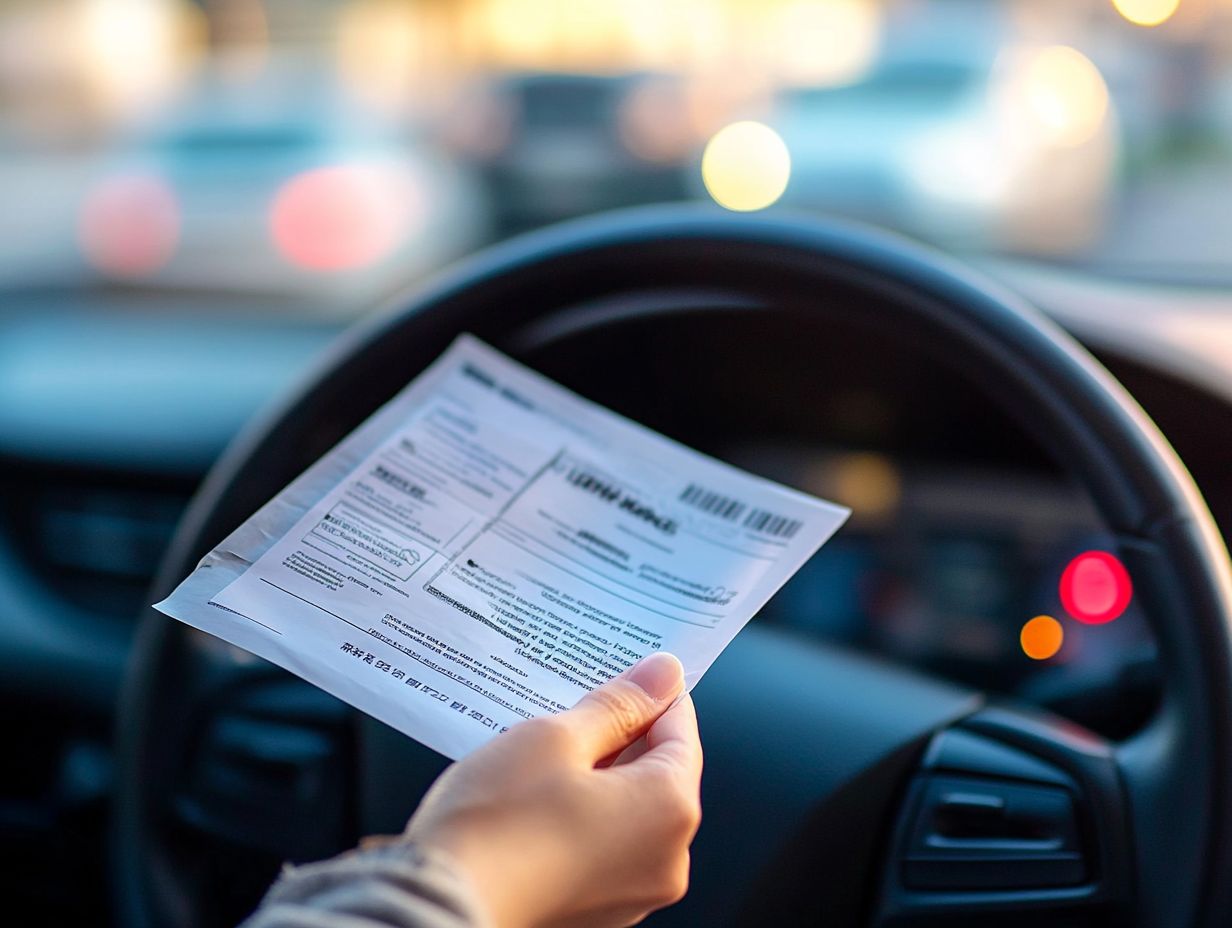
Car recall notices are issued by car manufacturers when there is a safety issue or defect found in a specific model or models. It is important for car owners to be aware of these notices in order to keep themselves and others safe on the road.
How do I know if my car has been recalled?
To check if your car has been recalled, visit the National Highway Traffic Safety Administration (NHTSA) website and enter your car’s vehicle identification number (VIN). You can also contact your car manufacturer directly to inquire about any recalls.
What should I do if my car has been recalled?
If your car has been recalled, take it to an authorized dealership or repair shop as soon as possible for the necessary repairs or replacements. Make sure to follow the recall notice instructions promptly to keep yourself safe!
Can I continue to drive my car if it has been recalled?
It is not recommended to continue driving a car that has been recalled, especially if the recall notice states that it poses a safety risk. It is best to have the necessary repairs done as soon as possible to ensure your safety and the safety of others on the road.
What if I have already paid for repairs related to a recall?
If you have already paid for repairs related to a recall, you may be eligible for reimbursement from the car manufacturer. Keep all receipts and documentation related to the repairs and contact the manufacturer for more information on how to file a reimbursement claim.
What other steps can I take to stay informed about car recalls?
In addition to regularly checking the NHTSA website and contacting your car manufacturer, you can also sign up for recall alerts from the NHTSA or follow them on social media. Stay informed about car recalls by keeping up with news and media outlets that report on automotive safety issues.
Stay safe on the road! Check for recalls today.

